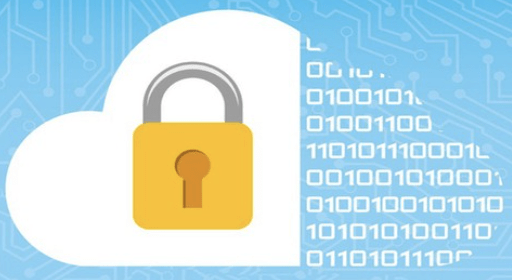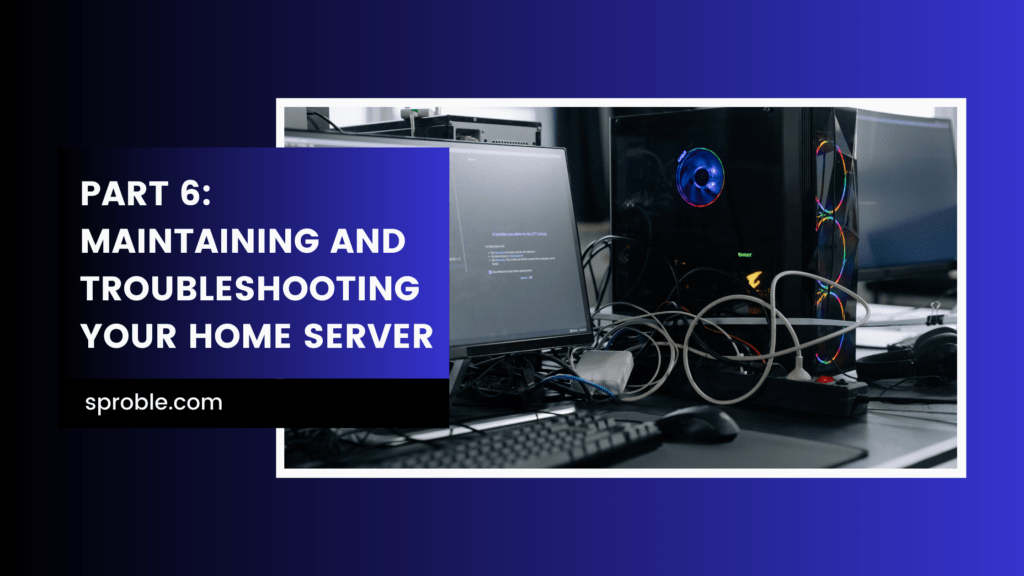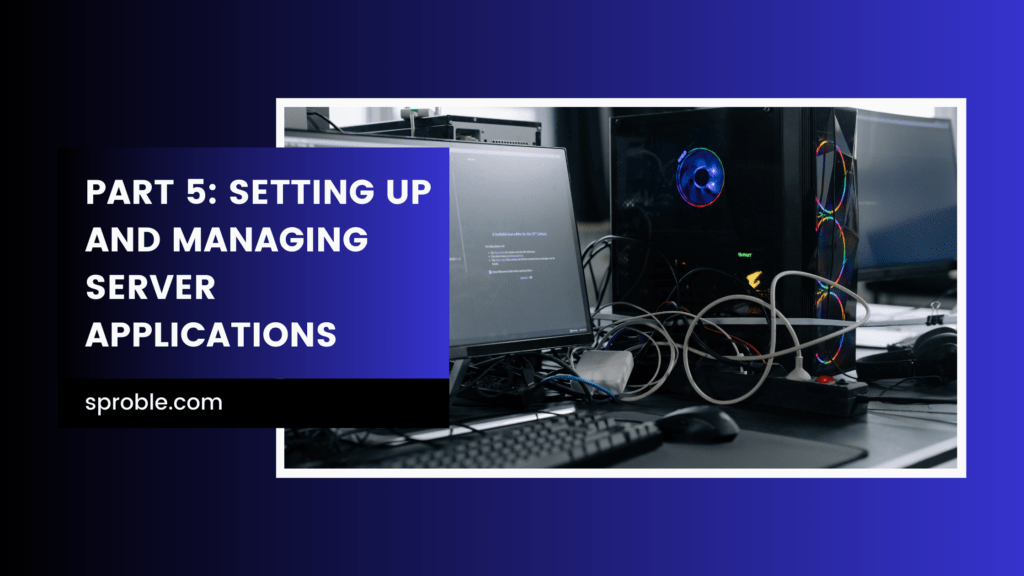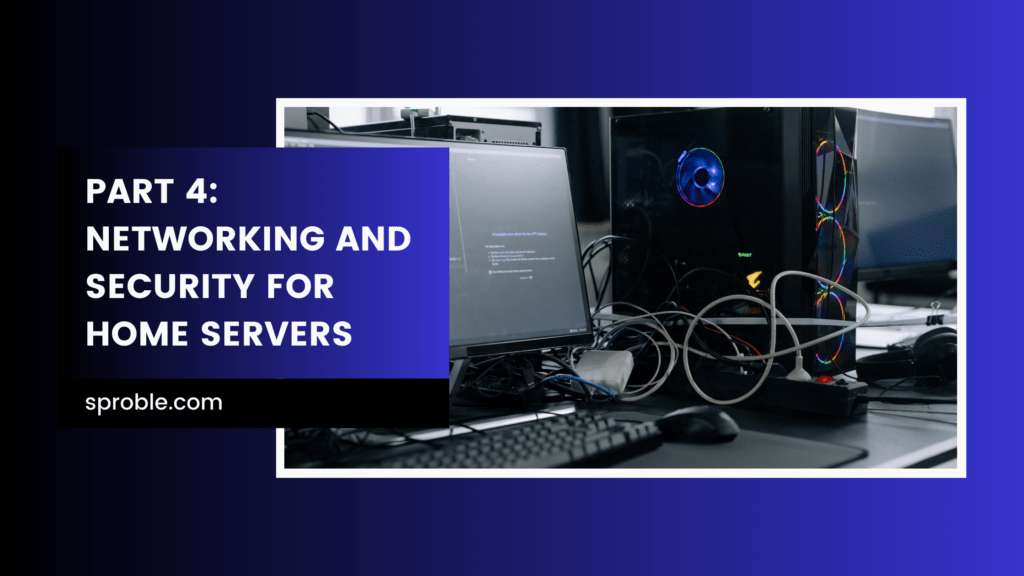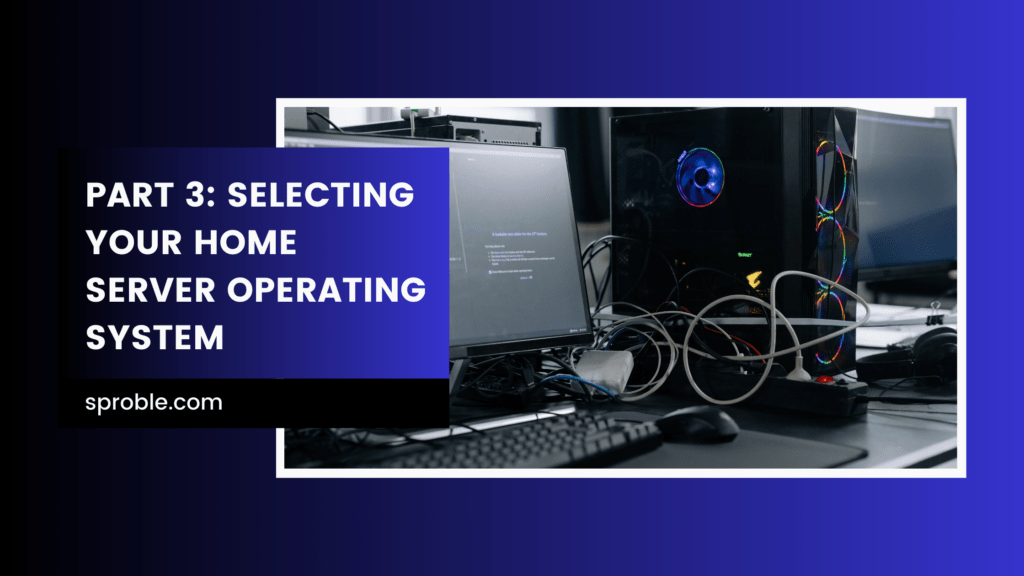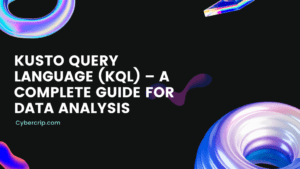Cybersecurity Courses is important because you need to become potential enough to compete with others. By doing more courses, collecting certifications and gaining knowledge will help you so that you can get better jobs in Cybersecurity domain. This will also help to standout from others competing with you. Today in this blog I will be discussing some CyberSecurity and Ethical hacking courses basically that will be available online on Coursera and Udemy. I will be discussing about it and later will tell you benefits of this courses.
Hello guys, Today I will be talking about some courses you can grab online to increase your and become master in this domain.
Cybersecurity Courses on Udemy
1. Learn Ethical Hacking and Web Penetration Testing
Basically Ethical Hacking and Web application Penetration Testing is Offensive Cybersecurity course. It focus on finding the bugs in applications as well as in networks. In this course you will find vulnerabilities such as bugs, loopholes, coding mistakes and configuration mistakes or errors in any network and application.
It also includes find vulnerabilities in networking devices like mobile. You will also learn critical information that helps you to hack a computer or any application using different tools and techniques that will help to penetrate into a target device. Ethical Hackers also have high demand and have excellent job scope around the world. You expertise in this course to get excellent jobs.
You can read our blog ‘Which are best security jobs?‘ to find the salaries paid in this domain so that you can get better knowledge. According to Nasscom (INDIA), specifically in India needs 188,000 security professionals by 2012, it’s 2019 now, you can expect the job scope around the world.
This course is highly comprehensive made of 145 video lectures of 31 hours additionally with text material. They also solve doubts on the learning platform. This course is made by industry expert Mr. Srinivas altogether with Mr. Nipun Jaswal.
People who opt for this course can apply for Security Auditors, Networking Professionals, Cyber Crime Investigators and also for Security Analyst.
Takeaways from this cybersecurity course:
- Firstly the art of hacking.
- Secondly how to dig information about the target system.
- Thirdly Hacking Mobile Phones.
- You can also learn to Hack Networks and routers.
- You can also master in Testing Web Application Security.
Course Contents:
- Computer Basics and Introduction.
- Setting your Lab.
- Information Gathering.
- System Hacking.
- Web Server(site) Hacking.
- WAPT
- OWASP Top 10
- Web Application Penetration Testing – Detail.
2. The Complete Cyber Security Course: Network Security!
It is volume 2 of this main course. In this course we can learn Network Security, Wifi Security, Wifi Hackers, Firewalls, Wireshark, Secure Networking as well as Password Managers. In case if you really want to master in Cybersecurity the you can do all 4 volumes and become expert. You can become a cybersecurity specialist and you afterward you will be able to discover security vulnerabilities across an entire network, by using various network hacking techniques and vulnerability scanning.
However you will be able to architect your network for maximum security and prevent local and remote attacks. In this course you can also understand the various types of firewalls that are available, including layer 4 firewalls like Iptables. They help to explore in detail wireless security, the configurations that are required for maximum security. They will also teach how Wi-Fi is hacked and how to mitigate those attacks.
During this course you will master network monitoring to discover and identify potential hackers, malware and other adversaries. By using tools like Wireshark, Tcpdump and Syslog. You will understand the techniques used like zombie super cookies, browser fingerprinting and how browser profiling works so third parties can establish who you are online.
They also cover one of the largest risks online, the browser – the doorway into your system. How to best reduce the attack surface of the browser and harden it for maximum security and privacy. And, finally you will fully understand how to best use methods of authentication including passwords and multi-factor authentication – soft tokens and hard tokens. How all these passwords are cracked, and also how to mitigate the cracking.
Takeaways from the cybersecurity course:
- Firstly Learn Advance Practical skill-set.
- Become a cyber Security Specialist.
- Basically learn to discover vulnerabilities across entire network.
- Additionally learn to configure and architect a small network for maximum physical and wireless security.
- Understand online tracing, best methods of authentication, multi-factor authentication, soft tokens and hard tokens.
Course content:
- Introduction to course
- Goals and Learning Objectives.
- Routers – Port and Vulnerability scanning.
- Firewalls.
- Network Attacks, Architecture and Isolation.
- Wireless and Wi-Fi Security.
- Network Monitoring for Threats.
- How we are Tracked Online.
- Search Engines and Privacy.
- Browser Security and Tracking Prevention.
3. Website Hacking/Penetration Testing & Bug Bounty Hunting.
While learning this course you can become bounty hunter, learn how to hack websites as well as web applications like black hat hackers and secure them like experts. Overall content of this course are not covered in any of this author’s other courses except for some basics. This is comprehensive course on Website penetration testing.
During this course you will learn website / web applications hacking & Bug Bounty hunting. This course assumes you have no prior knowledge in hacking. By the end of it you will be at a high level and also being able to hack & discover bugs in websites like black-hat hackers and secure them like security experts.
This course is highly practical but it won’t neglect the theory. During this course you’ll learn everything by example, by discovering vulnerabilities and exploiting them to hack into websites. You will not get bored in this course.
The course is divided into a number of sections, each section covers how to discover, exploit and mitigate a common web application vulnerability, for each vulnerability you will first learn the basic exploitation, then you will learn advanced techniques to bypass security, escalate your privileges, access the database, and even use the hacked websites to hack into other websites on the same server.
All of the vulnerabilities covered while doing this course are very common in bug bounty programs, and most of them are part of the OWASP top 10.
Takeaways from the cybersecurity course:
- You can become undoubtedly a bug bounty hunter and discover bug bounty bugs.
- Basically learn to exploit these vulnerabilities to hack into web server.
- Learn advanced post exploitation.
- Learn intercept request using proxy.
- Lastly you can learn to gain full control over target server using Sql injections.
Course Content:
- Introduction to course
- Creating a Penetration Testing Lab.
- Linux Basics
- Website Bascis
- Information Gathering.
- File Upload Vulnerabilities.
- Code Execution Vulnerabilities.
- Local File Inclusion Vulnerabilities.
- Remote File Inclusion Vulnerabilities.
- SQL Injection Vulnerabilities.
- XSS Vulnerabilities.
- Insecure Session Management.
- Brute Force and Dictionary Attacks.
- Discovering Vulnerabilities Automatically Using OWASP.
- Post Exploitation.
Cybersecurity Coursera Courses
1. IT security: Defense against the digital dark acts
This course is offered by Google. Basically this course covers a wide variety of IT security concepts, tools, and best practices needed to be learned in this domain. It introduces threats and attacks and the many ways they can show up. They give you some background of encryption algorithms and how they are used to safeguard data.
Then you dive into the authentication, authorization, and accounting section of Information Security. They also cover network security solutions, ranging from firewalls to Wifi encryption options. Finally, you will go through a case study, where we examine the security model of Chrome OS. Moreover, the course is rounded out by putting all these elements together into a multi-layered, in-depth security architecture, followed by recommendations on how to integrate a culture of security into your organization or team.
This is approximately 20 hours of course with option to set or reset your deadlines. It is a beginner level course. It is available in English, Spanish, Portuguese and Arabic language.
Takeaways from the cybersecurity course:
- Firstly you will learn various encryption algorithms and techniques, their work and benefit along with limitations.
- Learn various authentication systems and types.
- The difference between authentication and authorization.
- Learn to evaluate potential risks and recommend ways to reduce risks.
- Best practices for securing a network.
- Additionally it will to help to grasp security concepts and protect themselves.
Course Contents:
- Understanding Security Threats
- Pelcgbybtl (Cryptology)
- AAA Security
- Securing your networks
- Defense in Depth
- Creating a Company culture for Security
2. Introduction to Cybersecurity Tools & Cyber Attacks
This course is offered by IBM. This course gives you the background needed to understand basic Cybersecurity. You will learn the history of Cybersecurity, types and motives of cyber attacks and further knowledge of current threats to organizations and individuals.
Key terminology, basic system concepts and tools will be examined as an introduction to the Cybersecurity field. While this course is intended for anyone who wants to gain a basic understanding of Cybersecurity. This can also be your first course in a series of courses to acquire the skills to work in the Cybersecurity field as a Junior Cybersecurity Analyst.
It is 100% online course with flexible deadlines. It for beginners. The course takes approximately 18 hours to complete. Available only in English language.
Takeaways from the cybersecurity course:
- Learn about critical thinking and its importance to anyone looking to pursue a career in Cybersecurity.
- Learn about organizations and resources to further research cybersecurity issues in the Modern era.
- Makes you eligible to earn the Introduction to Cybersecurity Tools & Cyber Attacks IBM digital badge.
Course Contents:
- History of Cybersecurity
- A brief overview of types of actors and their motives
- An overview of key security concepts
- An overview of key security tools
Unifi Dream Router: Unleashing Its Power Across Homes, Businesses, and Beyond
Part 6: Maintaining and Troubleshooting Your Home Server
Part 5: Setting Up and Managing Server Applications
Part 4: Networking and Security for Home Servers
Part 3: Selecting Your Home Server Operating System
Part 2: Choosing the Right Hardware for Your Home Server
I hope you liked our article on Cybersecurity Courses. So, do click “Add Your Comment” below. If you’d like to contact cybercrip’s editors directly, send us a message.




